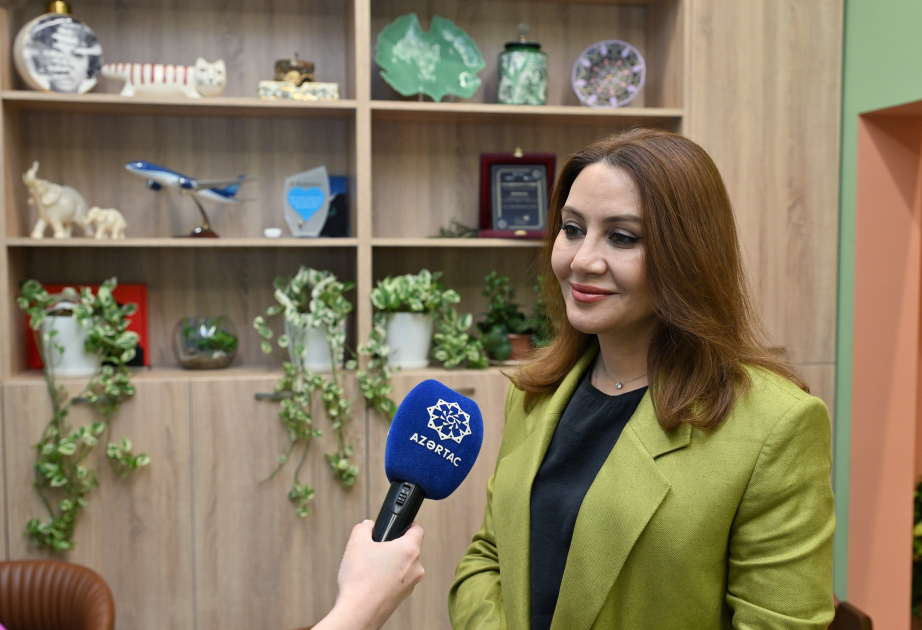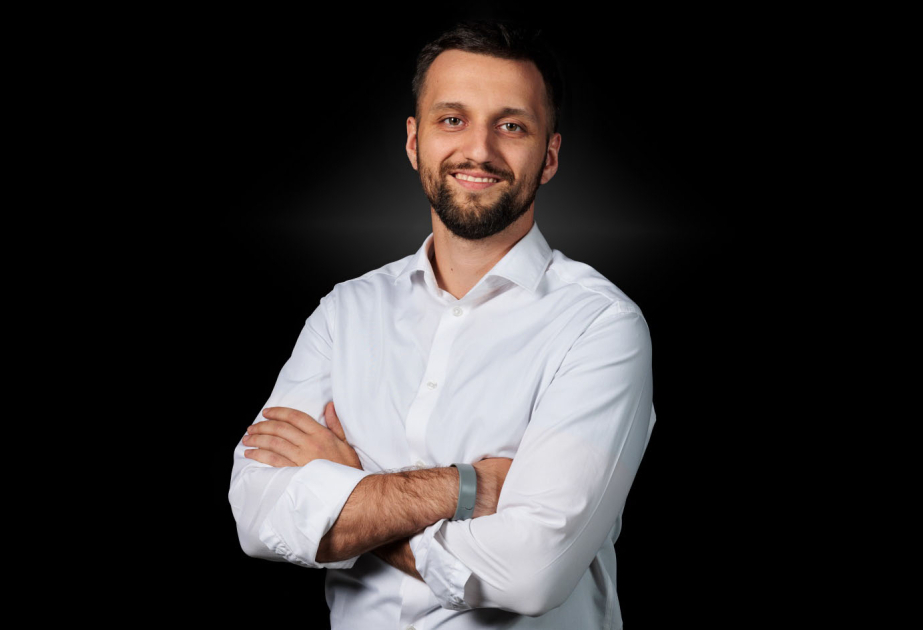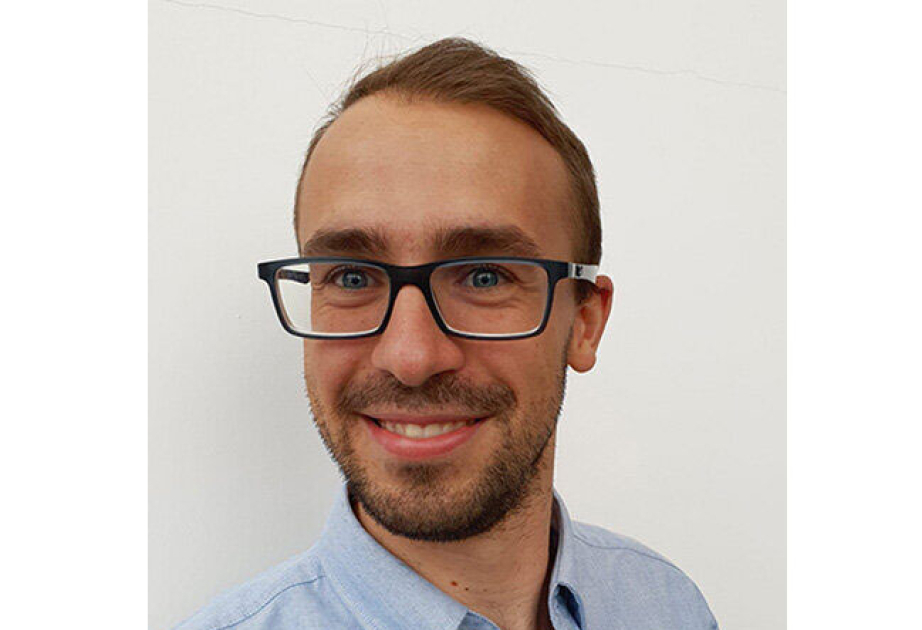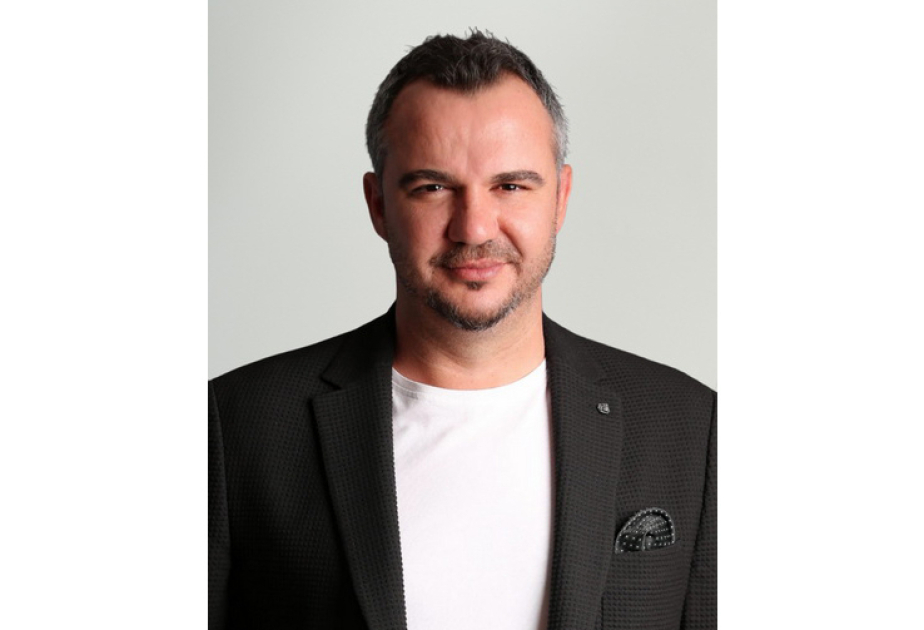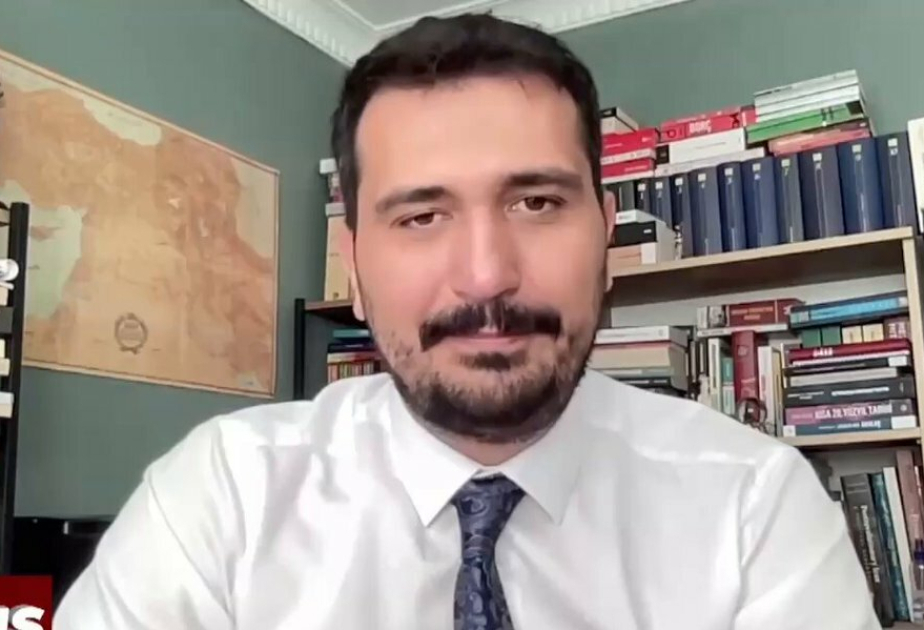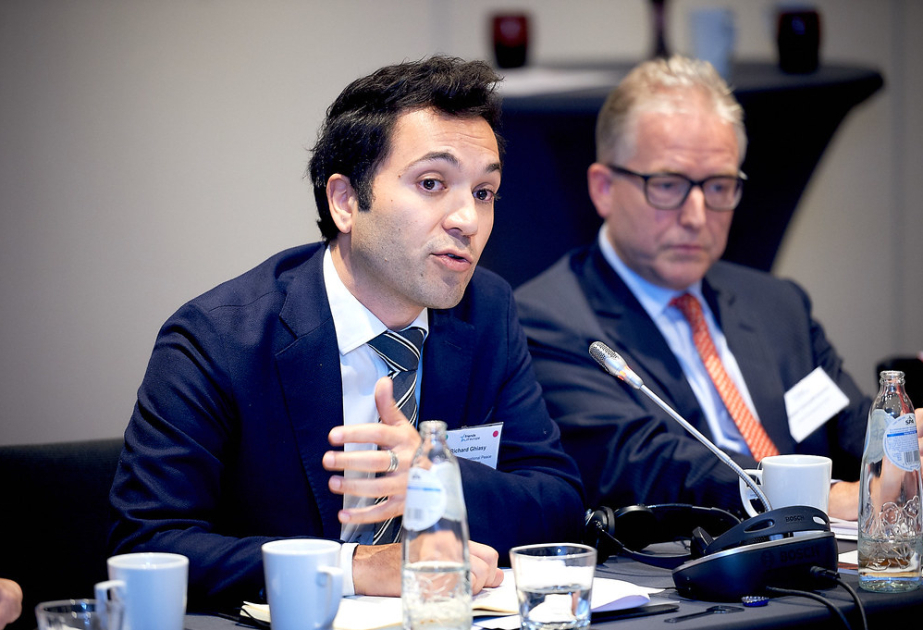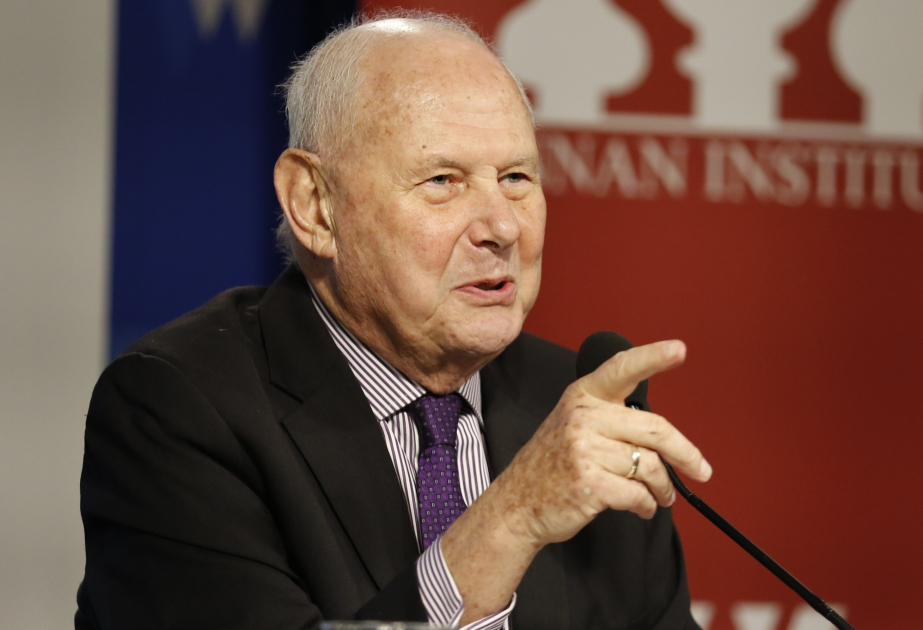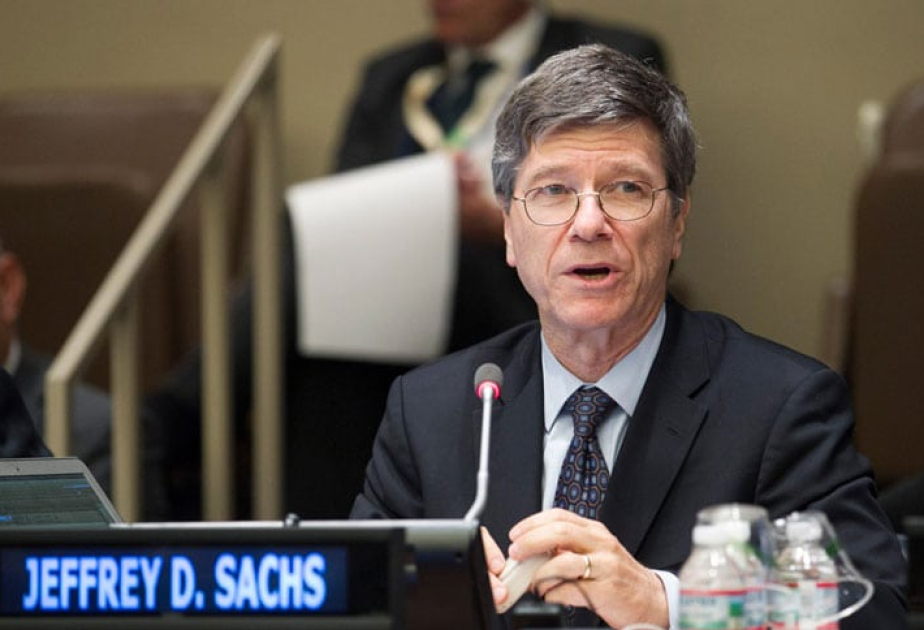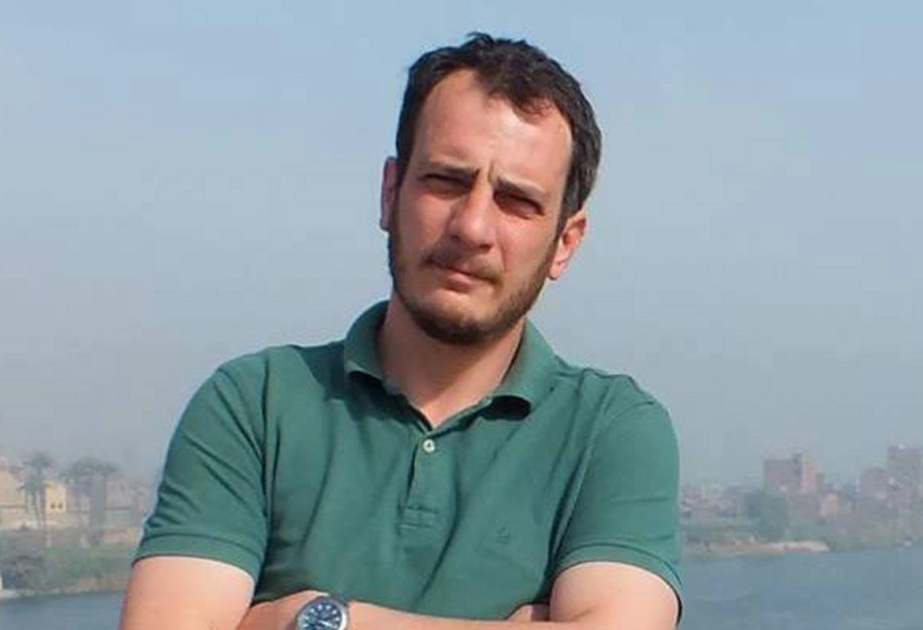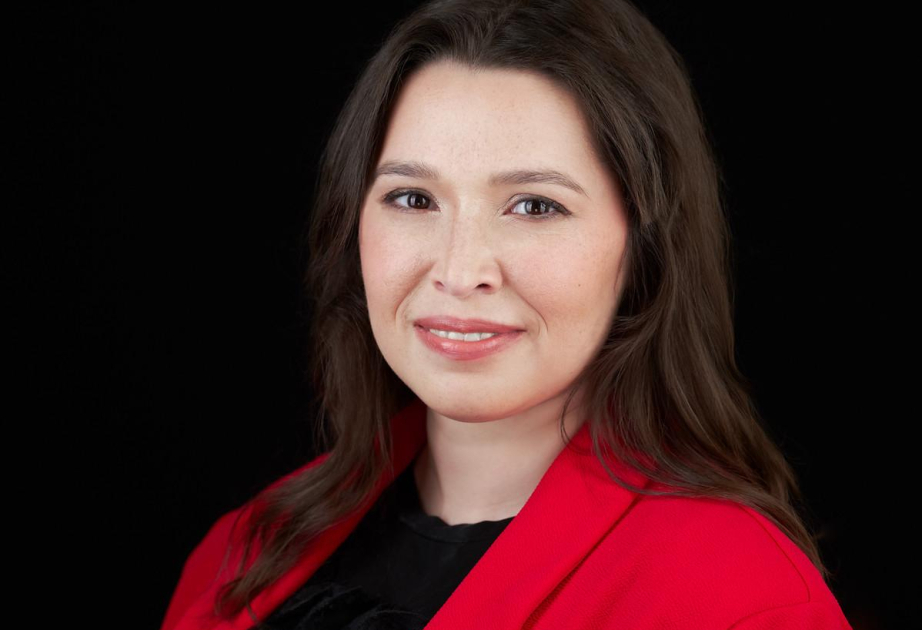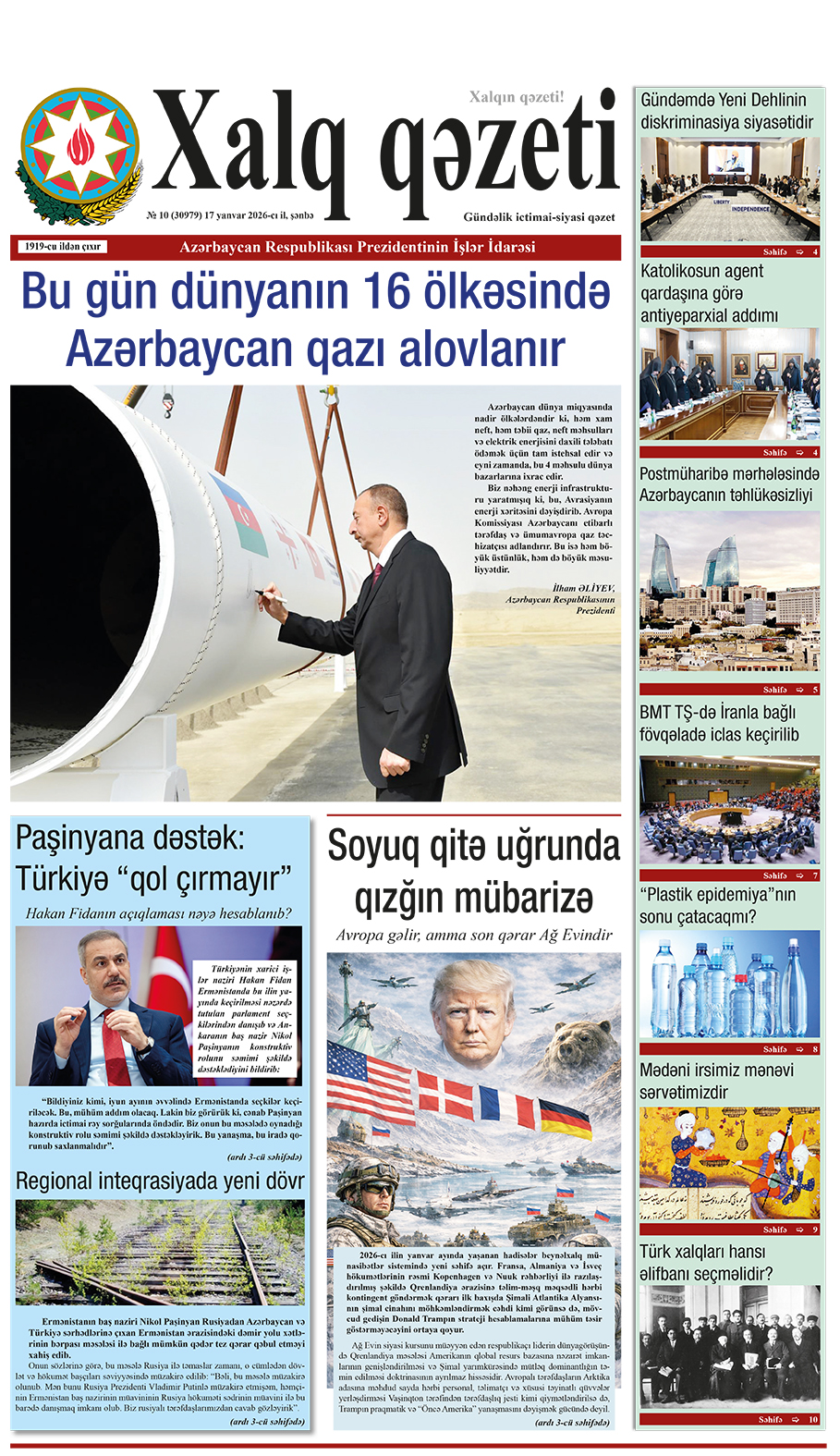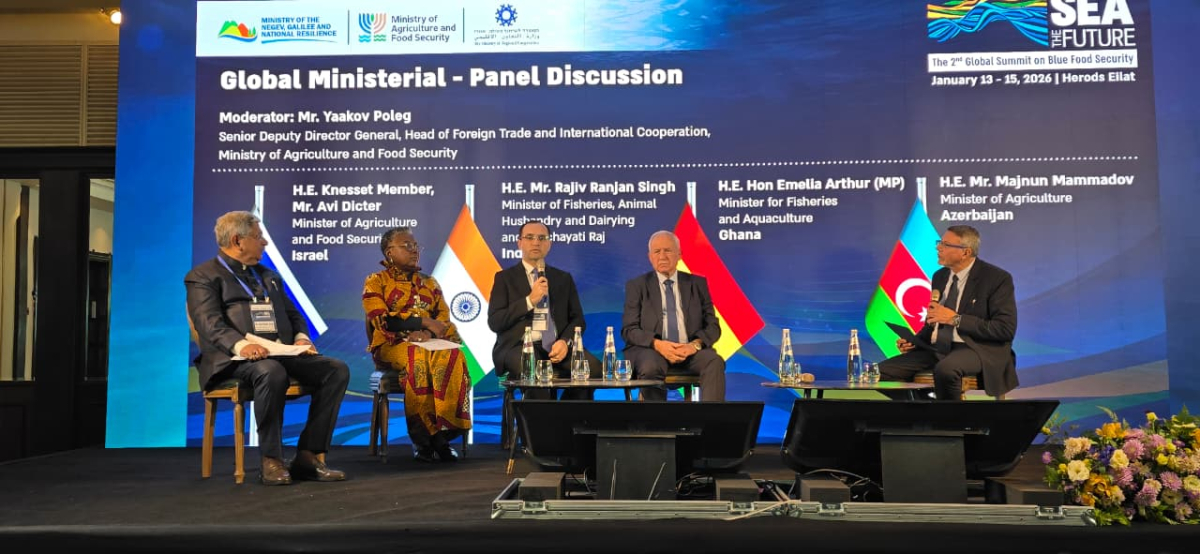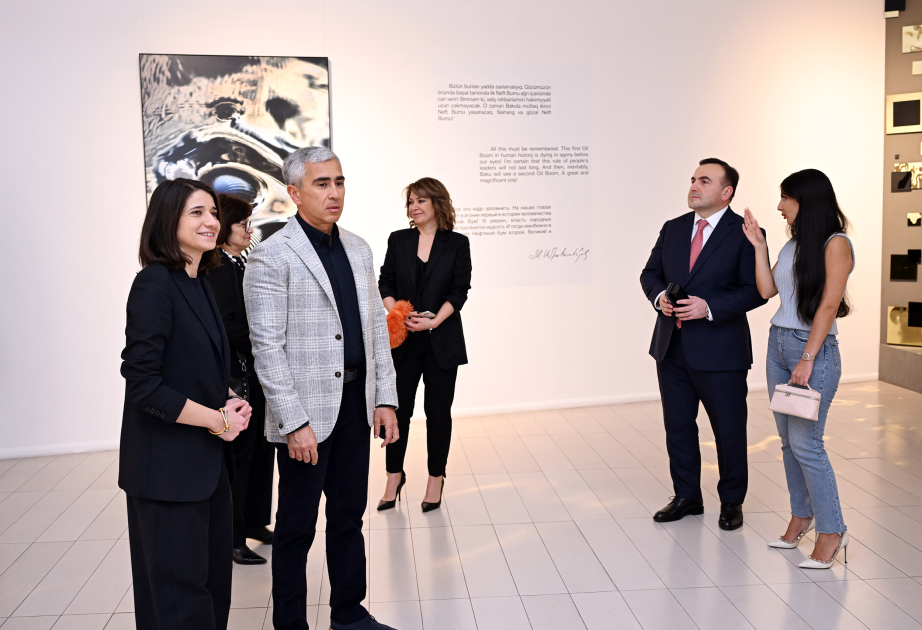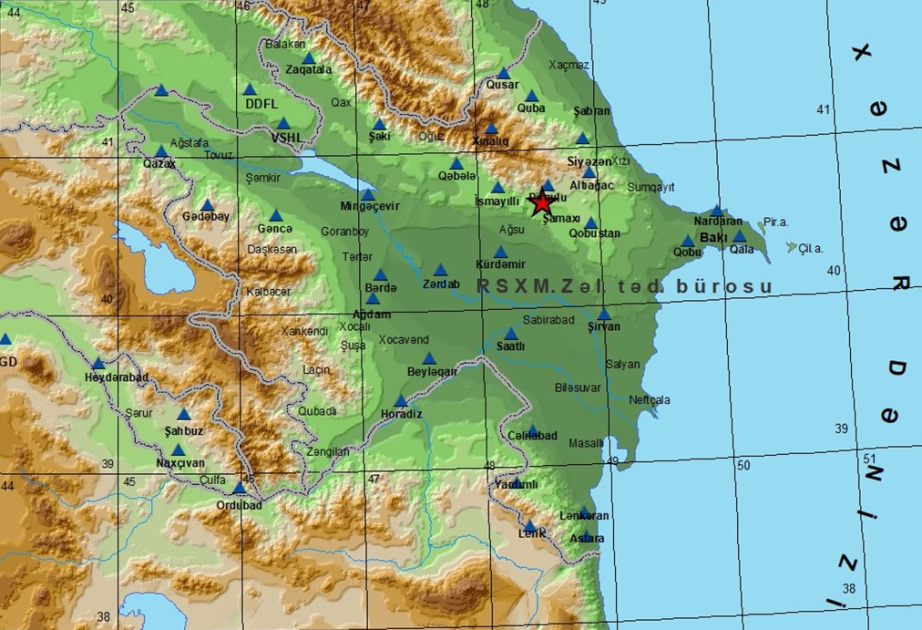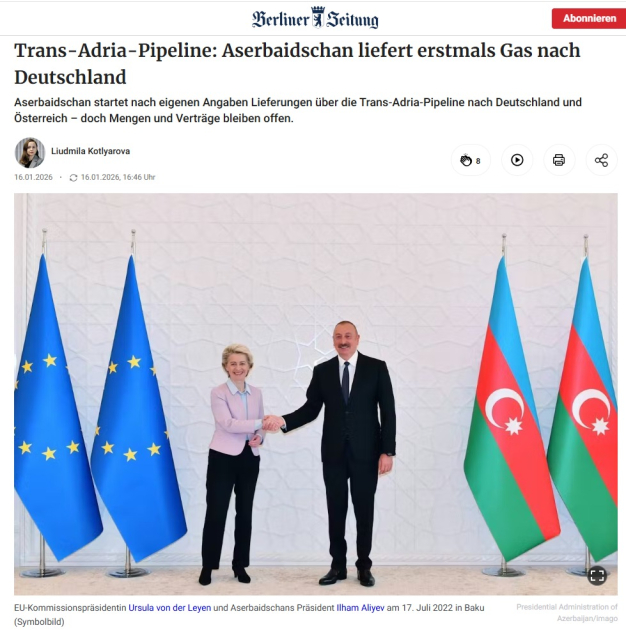At an early age, Hamza Eynally, a boy with autism spectrum disorder, used to mix up the Azerbaijani words “qashiq” (spoon) and “salat” (salad), calling all food “Kashalata.” That’s how the idea was born… An idea that years later became a reality.
Kashalata is the first and only inclusive café in Azerbaijan where young people with developmental disabilities work. Through their dedication, they show that being different is not a flaw — it’s simply a distinction.
AZERTAC spoke with Natavan Mammadova, co-founder of this one-of-a-kind café, which has no direct equivalent anywhere in the world.
– Ms. Natavan, where did the idea come from to create an inclusive café where people with developmental disabilities could work?
– My nephew Huseyn, who is now 20 years old, has autism spectrum disorder. Twenty years ago, very few people in the country knew what autism was — and I was no exception. When Huseyn was born, I already had two children of my own and I realized he was different. It took us a while to find a doctor who could make a proper diagnosis. Then came a very difficult stage — the family’s acceptance of the diagnosis. It’s a huge challenge. Unfortunately, our society isn’t inclusive. We love everything “exclusive”…
So Huseyn and I walked this hard path together. At the time, I was Executive Director of the American Chamber of Commerce, and I was introduced to Ms. Aytan Eynalova, head of the Birgə və Sağlam (Together and Healthy) society. She is now the co-founder of this café.
Huseyn started attending their center, and after some time I began to notice positive changes: he was socializing better, becoming more active. I started helping Ms. Aytan. And since I come from the World Bank sector and think a bit differently, we created a board of trustees consisting of parents to ensure corporate-style governance.
We realized that these children had nowhere to go except our center. We had already given them what we could. But they needed a life of their own. One day, Ms. Aytan said she dreamed of having a café in Azerbaijan where our children could work, and it would be called Kashalata. I told her, “I will make it happen.” I believed in it, I wanted to do it. And I realized that this isn’t just for the children — society needs it too.
The most important meaning behind this project isn’t just that people with disabilities work here — it’s that their parents now have hope that their child can go to work and earn a living. This has sent a signal to other parents who aren’t yet ready to integrate their children into society.
I was on the Organizing Committee of the COP29 climate conference, and from day one, we emphasized that COP29 in Azerbaijan would be inclusive. At one meeting, I said Kashalata would be involved in the global event, even though we had just opened. The administration supported me, and starting November 4, Kashalata was already serving in the food zone. Our kids went around, handed out brochures, told their stories. Later, UN staff who have been organizing COP for years told me that this was the only case they knew of where people with developmental disabilities were providing services at a UN climate conference. Recently, I was asked to write about Kashalata for London Climate Action Week and send photos so they could present the model in London.
– So there really is no equivalent to this café in Azerbaijan or even worldwide?
– There are cafés where people with developmental disabilities work, but they are usually either state-run or private-sector projects. I haven’t seen a model like ours.
In our case, the public sector is involved – represented by the Ministry of Labor, KOBIA (Small and Medium Business Development Agency), and SOCAR; the private sector — represented by PASHA Holding, Azersun Holding, and others; and a non-governmental organization that manages the project. So it’s a unique tripartite model.
We actually searched for similar models, asked around — but so far, we haven’t found another example where all sectors of society came together for a social good. We receive many guests and entire delegations, including foreign visitors, and all of them have confirmed that they know of no other café like this anywhere in the world.
– Tell us about your special employees and the guests who visit.
– Each of our special employees is amazing! In addition to working, they lead an active social life here — they play the piano, sing in a choir, paint, recite poetry.
In terms of work, they do more than serve food and drinks. They’re learning how to prepare them too. Some of them are quite talented. They’ve already mastered making coffee — our baristas teach them. They bake wonderfully. All the salads served here are prepared by them under the chef’s supervision. Their work is at the heart of it.
We’re visited by private guests as well as corporate clients like the World Bank, McKinsey & Company, PASHA Holding, and others. To support us, they either place orders, hold corporate events here, or we provide catering services.
– You mentioned corporate events. What other activities are held at the café?
– We organize all kinds of workshops for children with developmental differences — from decorating eco-bags and making bracelets to baking. It’s a very welcoming space: we host book club meetings, business association gatherings, and often welcome students from TISA and other schools.
Soon we’ll host an exhibition by a 12-year-old boy with autism who paints beautifully. There’ll be a reception, guests from the Ministry of Culture will attend. We try to bring as many people here as possible. Each visit brings its own warmth and interaction. We’re always happy to welcome everyone!
– Have you considered opening another venue using this same successful model?
– Yes, we’d love to open a pizzeria. I also have an idea to launch a line of organic products, like chocolate. But we need to prove that Kashalata is a sustainable small business. That way, I can approach sponsors and say, “The café is thriving — now I want to open another place and hire 20 more people.”
I have another idea I’m working on: imagine a company sponsoring an orphanage or nursing home and ordering daily snacks like sandwiches or salads from us. It would benefit them, and give us steady orders. This type of partnership model is worth developing.
Another project I’ve been talking about for years involves employing mothers of children with disabilities. For example, we could work with a hospital to supply bed linens. Mothers could sew these linens using sewing machines placed in our development center. While the children are in classes, their mothers could sew and earn an income. Many moms can’t work because they must care for their children — they need employment solutions too.
By the way, we don’t just employ our kids here. That’s an important point. We have individuals with developmental disabilities now working at SOCAR and AZAL. Their employers are very happy with them.
Of course, it’s a long process. Coaches accompany the new hires for 2–3 months, help them adjust, prepare the teams, and explain that certain behaviors — like sudden laughter or shouting — are normal for them. It just takes time, but it’s absolutely possible. And the success stories are there.
The number of people with developmental disabilities is steadily growing. As a society, we need to understand how to help them adapt to life. This is our test.


